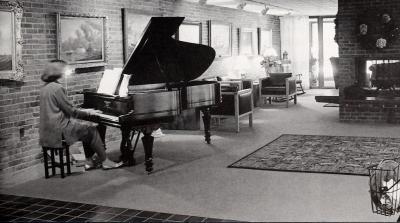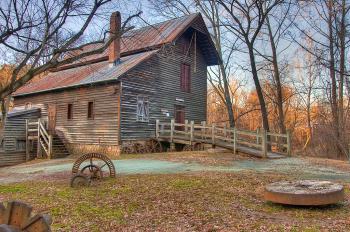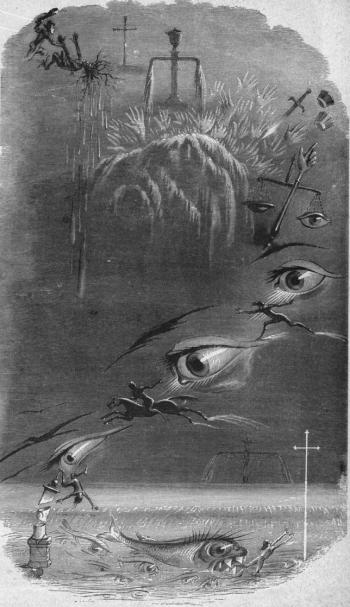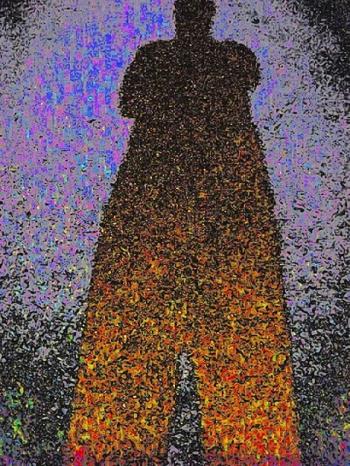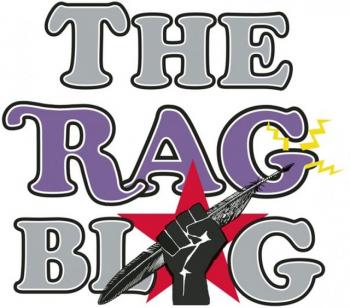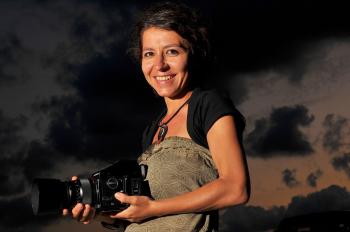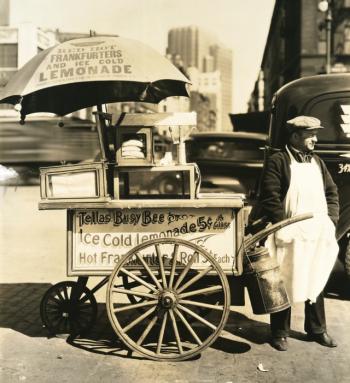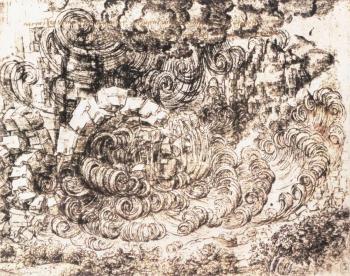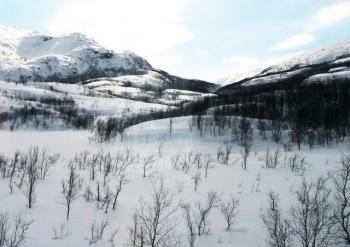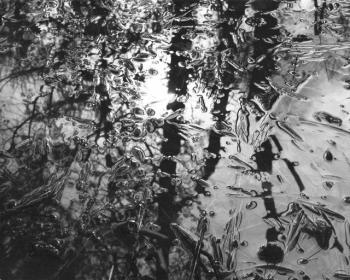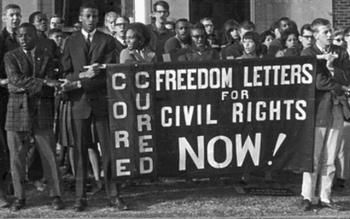Users Who Spiked
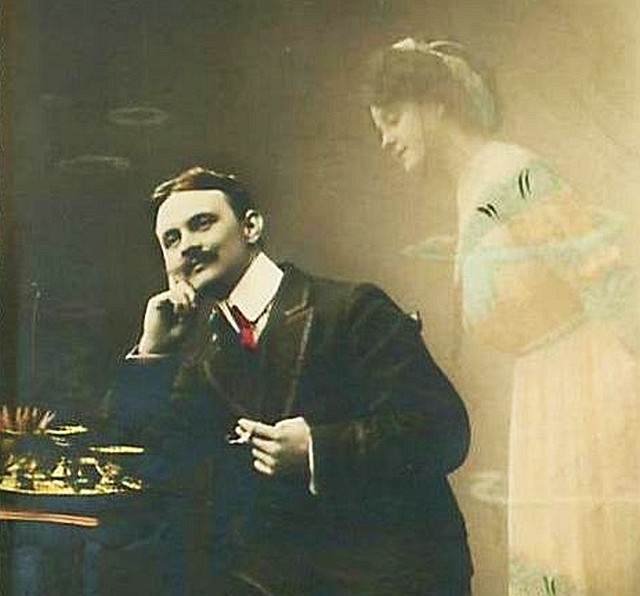
FINDING YOUR ART: PART 2
Private Notes
Private Notes
Notes
FINDING YOUR ART: Part 2
A series of posts about living the artist's life
You don't choose your art, your art chooses you.
Unknown Graffiti artist
Your work is going to fill a large part of your life, and the only way to be truly satisfied is to do what you believe is great work. And the only way to do great work is to love what you do. If you haven't found it yet, keep looking. Don't settle. As with all matters of the heart, you'll know when you find it.
Steve Jobs
I start this post with the idea that at some point one art form is so compelling that you must pursue it. And I use a very broad definition of art, so it could include computer programming, or community organizing or anthropology. And it could be a mix of things never put together before, such as media art or performance art.
But finding your particular art form can be difficult.
There is an exploration and a decision-making process in the beginning. This can be confusing as you may find you are pulled in several different directions. Yet in my experience, those things that you don't continue to follow are often useful later on.
Of course, deciding which art to follow is a major decision as it affects your entire life. It is a bit like deciding who to marry.
Perhaps the best way to start this part of my posts about living the artist's life is to tell my own story and how I settled on writing and photography as two art forms I would pursue -- not just one as everyone had told me to do. Why did I choose two art forms, you might ask? Well, I will get into that.
I always knew that I wanted to be a writer -- so in a sense that was easy. When I was seven years old, I wrote what I called a 'book' which was a very short story about going to the moon. I wrote it on small pages that, with my mother's help, I bound into a little book with a hardcover. And, voila, I had made my first book.
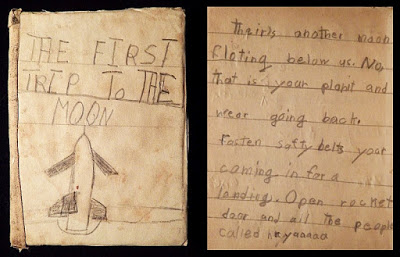
So from an early age, I knew I wanted to write but even that was not simple; by the time I was 13 years old I have written in a wide variety of forms including short stories, poetry, science-fiction, non-fiction, journalism, plays, and essays plus I had worked as the co-editor of the school magazine. So while I knew I wanted to write, where I would concentrate my efforts was something I needed to decide.
And yet even by the age of fourteen, I also knew that, for me, there was something missing that I really needed artistically. I loved writing but in a way, it was too remote, too removed to do all the time and exclusively -- I thought I wanted something in addition that was more tactile and hands-on. That quest would take me more than ten years. During that time I worked with, immersed myself in, and experienced a number of different art forms and life choices in my efforts to find what felt right.
And there was one other obstacle. I went to a high school where my writing was not appreciated, to say the least. Some people openly hated it. For four years I had to endure negative comments and harsh criticisms. So I just kept to myself. Fortunately, all of this was reversed when I attended the University of North Carolina at Chapel Hill, a university known for its writers such as Thomas Wolf.
I took a creative writing class as a sophomore when most of my classmates were juniors. And they loved my writing. Some said I was the best sophomore writer they had ever encountered. So staying true to my desire to write had finally won out after all. Then as a senior, I was invited to join the Honors in Creative Writing program. Every week we met with well-known authors, such as Betty Smith who wrote A Tree Grows in Brooklyn and Reynolds Price who wrote A Long and Happy Life. In fact, we met at Betty Smith's house. At one session Tom Wolfe came to the class to give us his insights.
When I graduated my teacher gave me what I realized later was perhaps the ultimate compliment. She told me of all the students I was the one who kept working and rewriting until my stories were polished. And because of that, she felt that I would be the one to succeed.
In this class, I not only worked on my writing skills but got to know writers and their point of view -- some of which I did not like. The older writers seemed to be struggling with finding new material to write about or that excited them. And I did not want to end up in that bind.
In any case, I knew that I would write. But writing is quite flexible so it would have been easy to combine it with a career in politics, for example, or science or scriptwriting. This gave me the option and the freedom to explore other interests while not losing my interest in writing.
When I was satisfied with what I had accomplished so far in my writing, I then set out to find something else to complete my artistic quest. It would be something to compliment the writing.
Yet little did I know it would take me down a very different path almost to a new way of sensing and perceiving. Which I will cover in my next post.


















